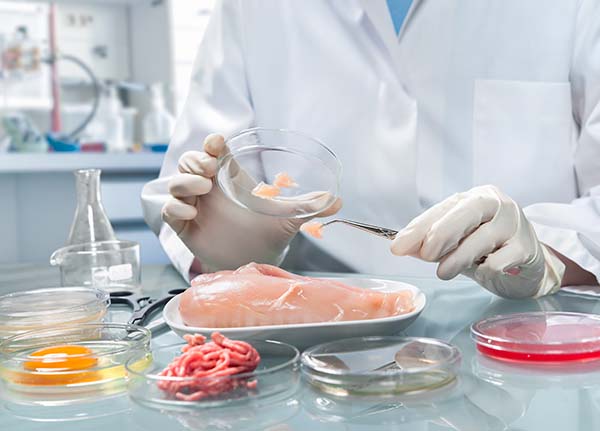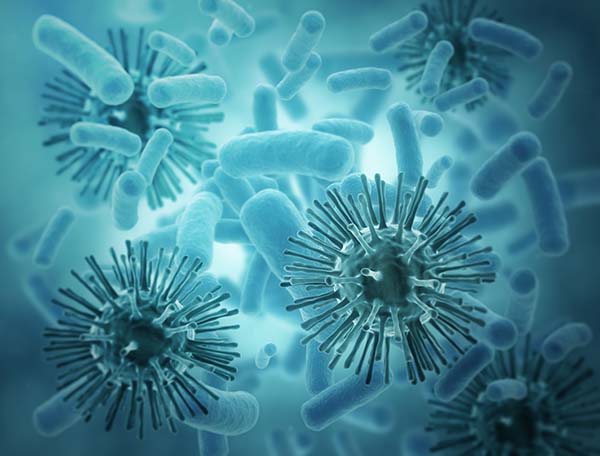Ecosystem of Antibiotic Resistance

Antibiotics: the Challenge of the Cure
The discovery of antimicrobial drugs – antibiotics – ranks among the most important developments in human health. These drugs target bacterial cells without directly harming the human host. They have saved countless lives since their discovery since the 1940s. But even Alexander Fleming, the scientist who discovered penicillin, warned that their use could select for resistant strains, a prescient warning given the current threats of antibiotic resistant pathogens. The spread of antibiotic resistance is an ecological problem in an anthropogenic ecosystem comprising medicine, agriculture, and the built environment. Antibiotic resistant genes arise and multiply in different selective regimes, pass between commensal and pathogenic organisms, and encounter and infect humans through multiple pathways, including, very likely, food. For example, pathogenic organisms lacking antibiotic resistance have acquired resistance genes through exposure to livestock where use of antibiotics is high, and have re-infected humans with increased effect due to the acquired resistance trait. Extensive use of antibiotics in livestock production appears to be related to human infections with resistant organisms, yet the evidence remains circumstantial. The major difficulty in this multi-faceted problem is that the complex suite of interactions across multiple spatial scales challenges strong inference. Research at Ecoss, in collaboration with George Washington University, the Translational Genomics Research Institute in Flagstaff, and Northern Arizona Healthcare is combining genomic and ecosystem approaches to better understand how antibiotic resistance spreads, and how ecological drivers control that spread.
Specific Topics
- Antibiotic Resistance in Human Pathogens: Developing a Molecular Database for strains of E-coli in Urinary Tract Infections
- Genetic Sampling of Retail Meat for Antibiotic Resistance
- Food Safety of Kosher Chicken versus Non-Kosher Chicken
This research is being conducted by Bruce Hungate.
Related Publications
Millman J, Waits K, Grande H, Marks AR, Marks JC, Price LB, Hungate BA, 2013. Prevalence of antibiotic-resistant E. coli in retail chicken in the New York metropolitan area: comparing conventional, organic, kosher, and raised without antibiotics, F1000Research 2:155 (doi: 10.12688/f1000research.2-155.v2)
Price LB, Koch BJ, Hungate BA, 2015. Ominous projections of global antibiotic use. Proceedings of the National Academy USA. 112(18): 5554–5555 doi/10.1073/pnas.1505312112
